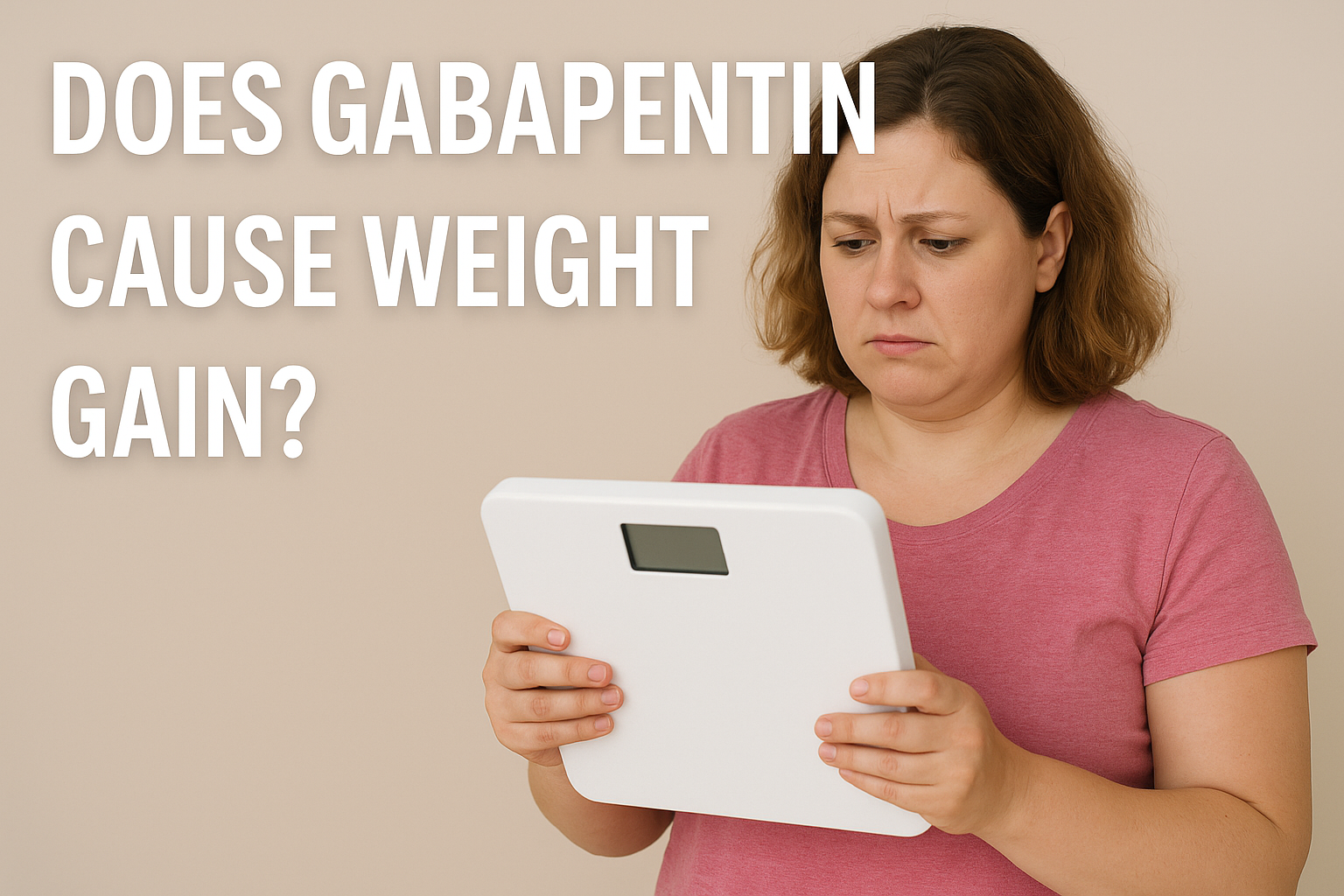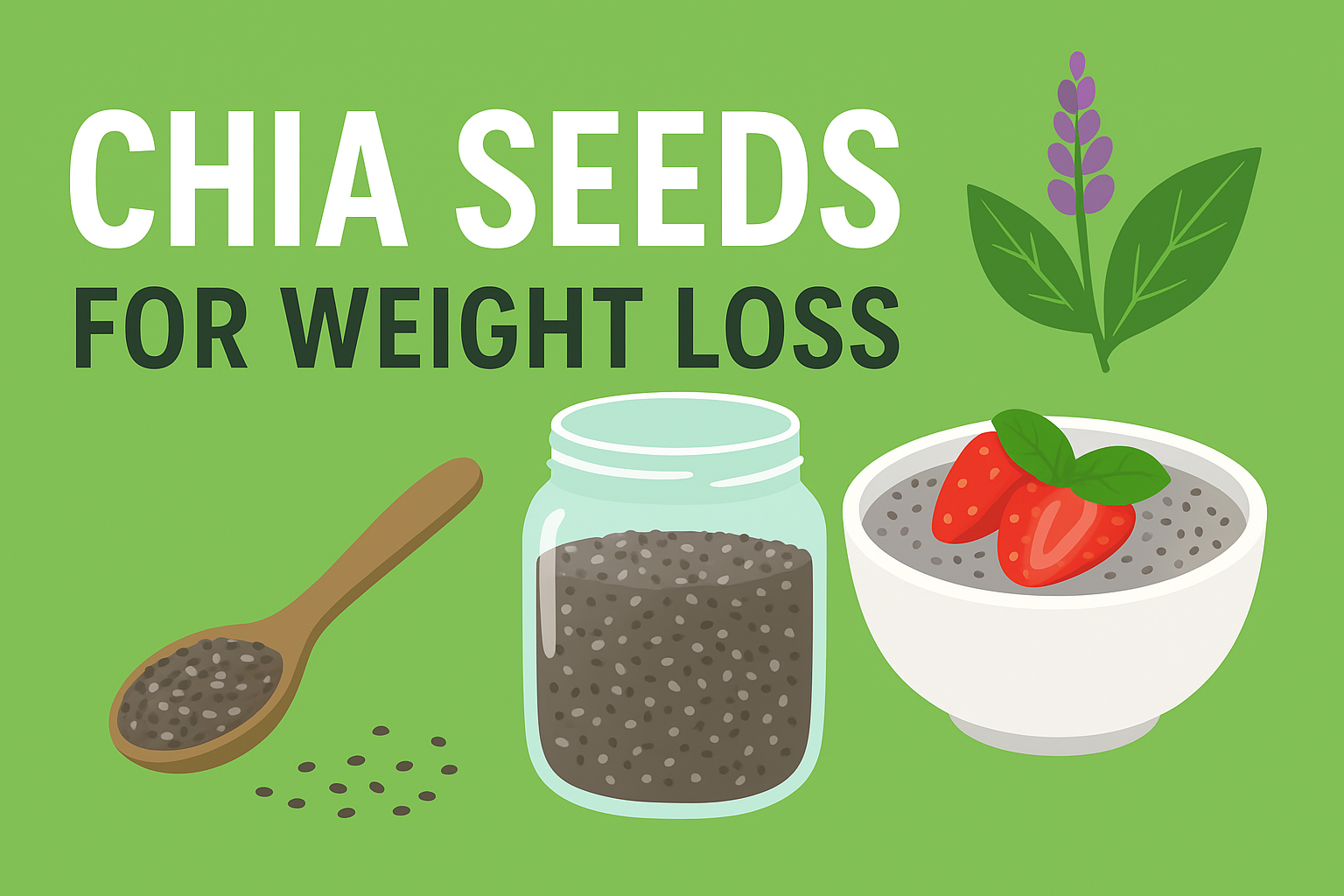If you’ve been prescribed gabapentin—a medication widely used for seizure control and nerve pain—you may wonder about its potential side effects, including weight gain. This article dives deep into the evidence, explores possible mechanisms, offers practical advice for managing weight, and helps you talk to your healthcare provider. Read on to separate myth from reality and make informed choices.
What Is Gabapentin?
Gabapentin, marketed under brand names like Neurontin, Gralise, and Horizant, is an anticonvulsant or gabapentinoid used to treat:
- Partial seizures in epilepsy
- Neuropathic pain (e.g., postherpetic neuralgia, diabetic neuropathy)
- Restless leg syndrome (extended-release form)
- Off-label uses like fibromyalgia, anxiety, migraines, IBS, and alcohol withdrawal
Why Is Its Safety Profile Important?
While effective for many conditions, gabapentin is associated with side effects—fatigue, dizziness, swelling, and yes, potentially weight gain. Understanding how often and why this happens empowers you to act proactively.
Does Gabapentin Cause Weight Gain?
Clinical Findings: It’s Rare, But It Happens
Clinical data suggests weight gain is uncommon, typically affecting a small percentage of users:
- Drugs.com reports weight gain in ~3% of epilepsy patients (vs. 2% with placebo) and only 2% in postherpetic neuralgia patients. Gains were around 5 pounds after six weeks .
- Verywell Health similarly cites 2% experiencing weight gain, averaging 5.5 lbs after about 1.5 months .
- SingleCare data aligns: ~2% weight gain, ~8% fluid retention .
Conversely, long-term studies—like one with 44 epilepsy patients—revealed that during 12+ months on high-dose gabapentin (>3000 mg/day):
- 10 patients gained >10% of baseline weight
- 15 gained 5–10%
- 16 saw no change
- 3 lost 5–10%
Gains typically started between months 2–3 and stabilized by months 6–9 .
Summary Table
| Source / Duration | % Affected | Average Gain |
|---|---|---|
| Short-term (6 weeks) | ~2–3% | ~5 lbs (2–2.5 kg) |
| Longer-term (months) | ~50% saw 5–10% gain | Varies; some >10% |
Why Does This Weight Gain Occur?
Gabapentin doesn’t directly alter metabolism but may trigger weight changes through indirect mechanisms:
- Increased Appetite
Gabapentin may heighten hunger, leading to greater calorie intake . - Fluid Retention (Edema)
Swelling appears in about 8% of users—especially in extremities—possibly causing temporary weight spikes . - Reduced Physical Activity
Side effects like fatigue, drowsiness, and dizziness can make exercise harder, slowing calorie burn . - Changes in Metabolism & Fat Storage
Some suggest gabapentin may favor fat storage or slightly slow metabolism over time .
Managing Weight While on Gabapentin
Even if weight gain is possible, there are effective strategies to manage or minimize it:
1. Lifestyle Adjustments
- Mind Your Portions
Stick to healthy, balanced meals without inflating serving sizes. Replace high-calorie snacks with fruits and veggies . - Prefer Nutrient-Dense Foods
Choose whole grains, lean proteins, healthy fats over sugary, processed options . - Drink Water Before Eating
Staying hydrated can help reduce unnecessary snacking . - Boost Protein Intake
Helps you feel full longer and may boost calorie burn slightly . - Exercise Regularly
Even moderate activity—like walks or yoga—helps offset reduced energy levels caused by gabapentin . - Improve Sleep Quality
Adequate sleep regulates hunger hormones, reducing risk of overeating .
2. Medication & Clinical Guidance
- Talk to Your Doctor Before Adjusting Dose or Discontinuing
Never alter your medication without professional guidance—especially with seizure risk . - Consider Alternatives If Weight Gain Is Significant
Options like lamotrigine, levetiracetam, and topiramate are associated with lower weight gain risk . - Try Lower Dosages under Medical Supervision
If possible, a reduced dose may mitigate appetite or edema, but should only be done by a doctor . - Consult a Registered Dietitian or Join Support Groups
For tailored nutritional plans and emotional support .
When to Be Concerned
- Frequent or Persistent Edema
If swelling doesn’t improve with rest or leg elevation, consult your healthcare provider . - Rapid or Painful Weight Fluctuations
May signal fluid issues or other health concerns. - Mood Changes or Withdrawal Symptoms
Gabapentin can increase risk for suicidal thoughts; abrupt discontinuation can trigger withdrawal or seizure relapse—monitor closely and seek medical advice .
Final Thoughts
Yes, gabapentin can cause weight gain, but it’s relatively uncommon, affecting roughly 2–3% of people in the short term, with an average gain of 5–5.5 lbs. Longer-term use may affect a larger portion of users, though results vary. Potential causes include increased appetite, fluid retention, reduced activity, and metabolic shifts.
If weight gain becomes a concern, collaborate with your healthcare provider to explore lifestyle strategies, dosage adjustments, or alternative medications. Remember: any changes to your treatment plan should be medically supervised to ensure safety and continued effectiveness.
Summary — Quick Takeaways
- How common is weight gain?
Only ~2–3% in clinical trials report it; about 5 lbs average over 6–1.5 months. - Why might it happen?
Higher hunger, water retention, fatigue limiting exercise, and metabolic shifts. - What can you do?
Eat mindfully, increase protein, stay hydrated, exercise, sleep well, and consult your healthcare provider.




